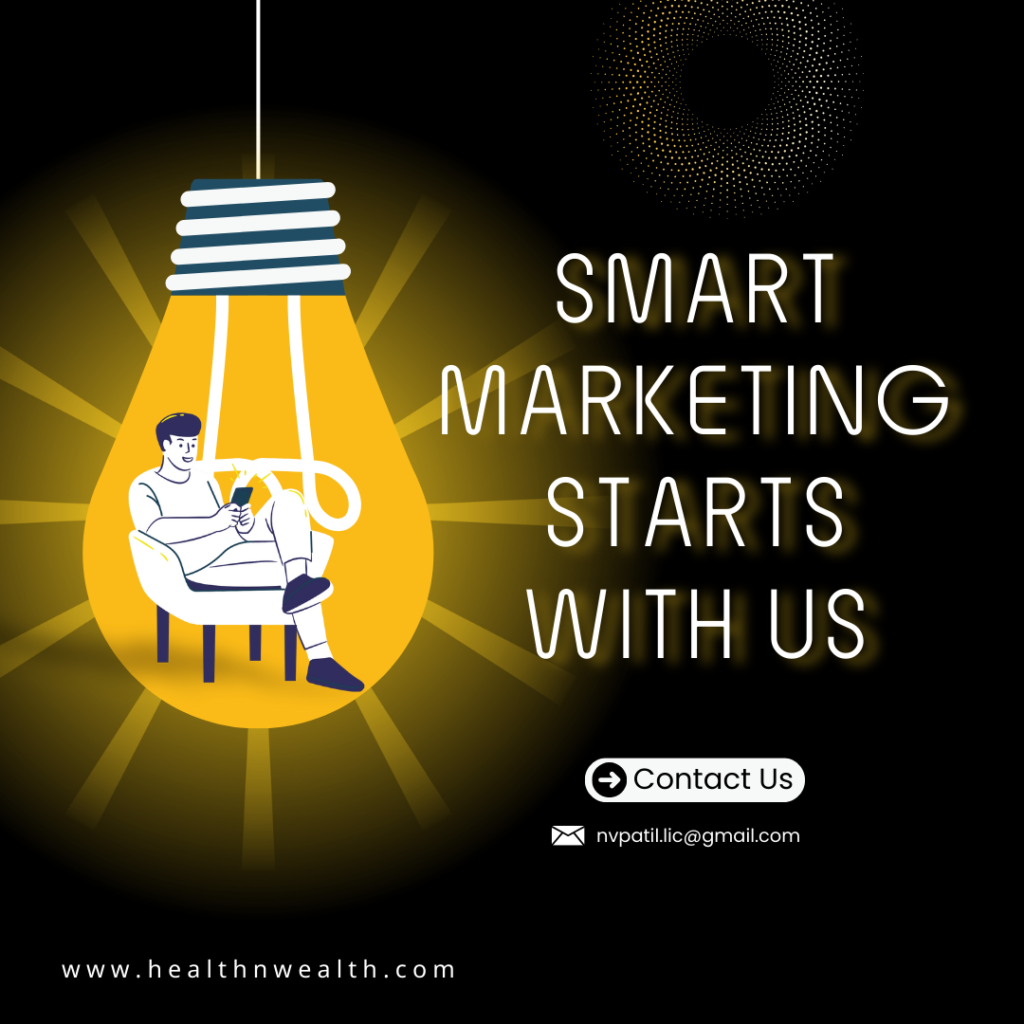
Topic: Digital Marketing V/S Treditional Marketing


Social media marketing is the use of social media platforms and websites to promote a product or service. Although the terms e-marketing and digital marketing are still dominant in academia, social media marketing is becoming more popular for both practitioners and researchers.[2]
Most social media platforms such as: Facebook, LinkedIn, Instagram, and X, among others, enabling companies to track the progress, success, and engagement of social media marketing campaigns. including current and potential customers, current and potential employees, journalists, bloggers, and the general public.
On a strategic level, social media marketing includes the management of a marketing .
When using social media marketing, firms can allow customers and Internet users to post user-generated content (e.g., online comments, product reviews, etc.), also known as “earned media“, rather than use marketer-prepared advertising copy.
Traditional Marketing
Traditional marketing refers to the conventional methods of promoting products or services through offline channels. These methods have been used for decades and are still effective in reaching a targeted audience.
Types of Traditional Marketing:
1. Print Media: Newspapers, magazines, brochures, and flyers.
2. Broadcast Media: Radio and television advertisements.
3. Outdoor Advertising: Billboards, posters, and signage.
4. Event Marketing: Trade shows, exhibitions, and product launches.
5. Direct Mail: Letters, postcards, and catalogs sent via postal mail.
Advantages of Traditional Marketing:
1. Tangible Experience: Traditional marketing provides a tangible experience for customers.
2. Brand Awareness: It helps create brand awareness and recognition.
3. Targeted Audience: Traditional marketing allows you to target a specific audience.
Disadvantages of Traditional Marketing:
1. Expensive: Traditional marketing methods can be expensive.
2. Limited Reach: It has a limited reach compared to digital marketing.
3. Difficult to Measure: It’s challenging to measure the effectiveness of traditional marketing campaigns.

Digital Marketing
Digital marketing refers to the promotion of products or services using digital channels such as search engines, social media platforms, email, and websites.
Types of Digital Marketing:
1. Search Engine Optimization (SEO): Optimizing website content to rank higher in search engine results.
2. Pay-Per-Click (PPC) Advertising: Creating and publishing online ads that are paid for each time a user clicks.
3. Social Media Marketing: Promoting products or services on social media platforms.
4. Content Marketing: Creating and publishing valuable, relevant, and consistent content to attract and retain a clearly defined audience.
5. Email Marketing: Sending targeted and personalized messages to customers or potential customers via email.
Advantages of Digital Marketing:
1. Cost-Effective: Digital marketing is often more cost-effective than traditional marketing.
2. Global Reach: Digital marketing allows you to reach a global audience.
3. Measurable Results: It’s easy to measure the effectiveness of digital marketing campaigns.
4. Flexibility: Digital marketing campaigns can be easily adjusted or modified.
Disadvantages of Digital Marketing:
1. Competition: The digital marketing space is highly competitive.
2. Constant Change: Digital marketing trends and algorithms are constantly changing.
3. Dependence on Technology: Digital marketing relies heavily on technology and internet connectivity.


